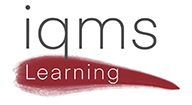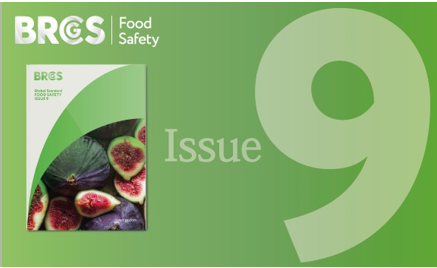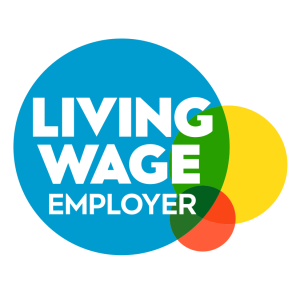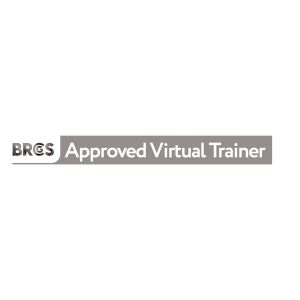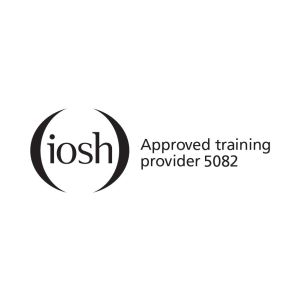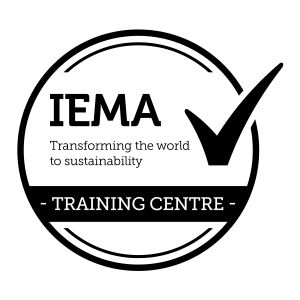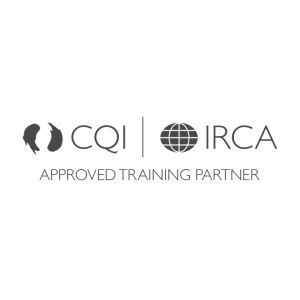
BRCGS Food Safety Issue 9 or ISO 22000 – which is best?
Food standards have never been so important. We all shudder when the latest report of food contamination, fraud or reaction to allergens hits the news cycle, and for good reason too.
So which standard manages risks better?
Two of the most popular standards in use in the UK are the BRCGS (British Retail Consortium Global Standard) Issue 9 and ISO 22000, both internationally recognised food safety management systems and widely used in the food manufacturing sector.
While they share some similarities, there are also notable differences between the two standards. Let's compare them based on various aspects:
Scope
BRCGS Issue 9 - Primarily focused on ensuring product safety, quality, and legality within the food manufacturing and processing industries.
ISO 22000 - Covers the entire food supply chain, including primary production, manufacturing, storage, and transportation.
Structure
BRCGS Issue 9 - Is a standard with a detailed checklist approach, comprising several clauses and requirements, including a comprehensive set of specific product categories.
ISO 22000 - It follows the High-Level Structure (HLS) format, which provides a consistent framework for all ISO management system standards, making it easier to integrate with other ISO standards.
Requirements
BRCGS Issue 9 - Emphasises the implementation of good manufacturing practices (GMP), hazard analysis and critical control points (HACCP), and quality management systems. It includes requirements related to the management of food safety, senior management commitment, risk assessment, supplier management, product control, and process validation.
ISO 22000 - Covers a broader range of requirements, including the development of a food safety management system, interactive communication, prerequisite programs, HACCP principles, emergency preparedness and response, continual improvement, and management review.
Continuous Improvement
BRCGS Issue 9 - Places a strong emphasis on continual improvement, with regular audits and reviews to ensure ongoing compliance with the standard.
ISO 22000 - Also promotes a culture of continual improvement through monitoring, measurement, analysis, and evaluation of the food safety management system.
There are many more specific similarities and differences but perhaps a better measure of suitability is to look at your organisational need rather than the requirements of the standard.
BRCGS Issue 9 is a comprehensive standard with a specific focus on product safety and quality within the food manufacturing and processing sectors, while ISO 22000 takes a broader perspective, encompassing the entire food supply chain.
Users of the standards also report that BRCGS Issue 9 is also far more prescriptive. By contrast ISO 22000 allows the organisation more flexibility to design and manage their own food safety management system within the bounds of the standards structural requirements. This attitude assumes that the user knows their organisation and its risks to food safety better than the standard writer and gives more latitude in how they are managed – giving more emphasis to evidence of successful management.
So, I think the choice between the two depends on factors such as industry requirements, geographical location, specific organisational needs and the cultural attitude of the business.
But there’s one other aspect that we’ve overlooked;
Industry Recognition.
BRCGS Issue 9 is GFSI recognised where ISO 22000 is not. Dependant on your existing or future customer base this could be a show stopper for ISO 22000.
But there is a solution. If your organisation needs a GFSI recognised food safety standard and wants flexibility in management system design you should choose FSSC (Food Safety System Certification) 22000.
iqms Learning offers management systems/auditor training and implementation support in BRCGS Issue 9, ISO 22000 and FSSC 22000.
Call us today on 01915166191 for advice on your management system or contact us at enquiries@iqmslearning.co.uk
